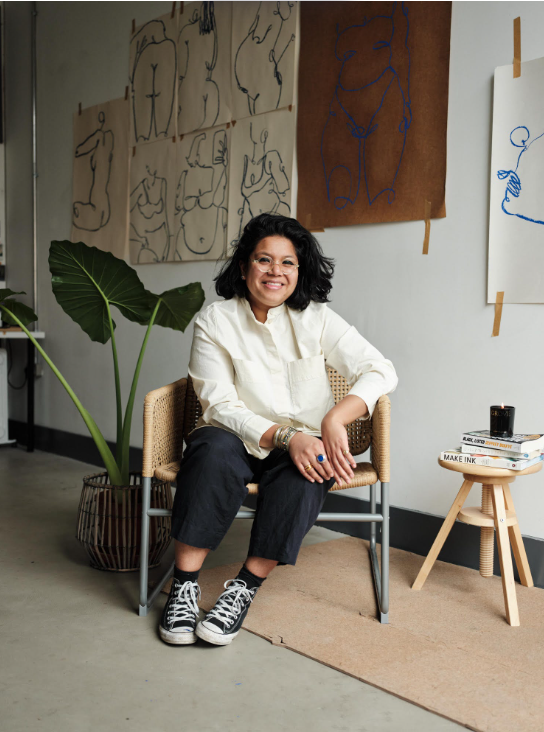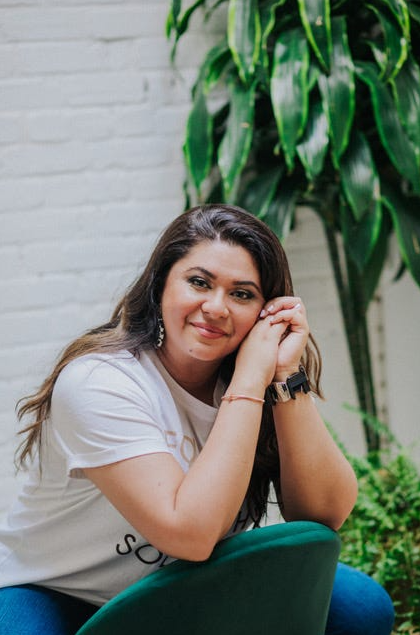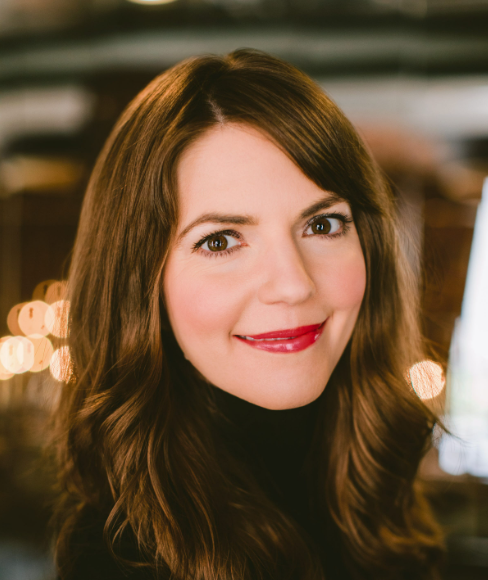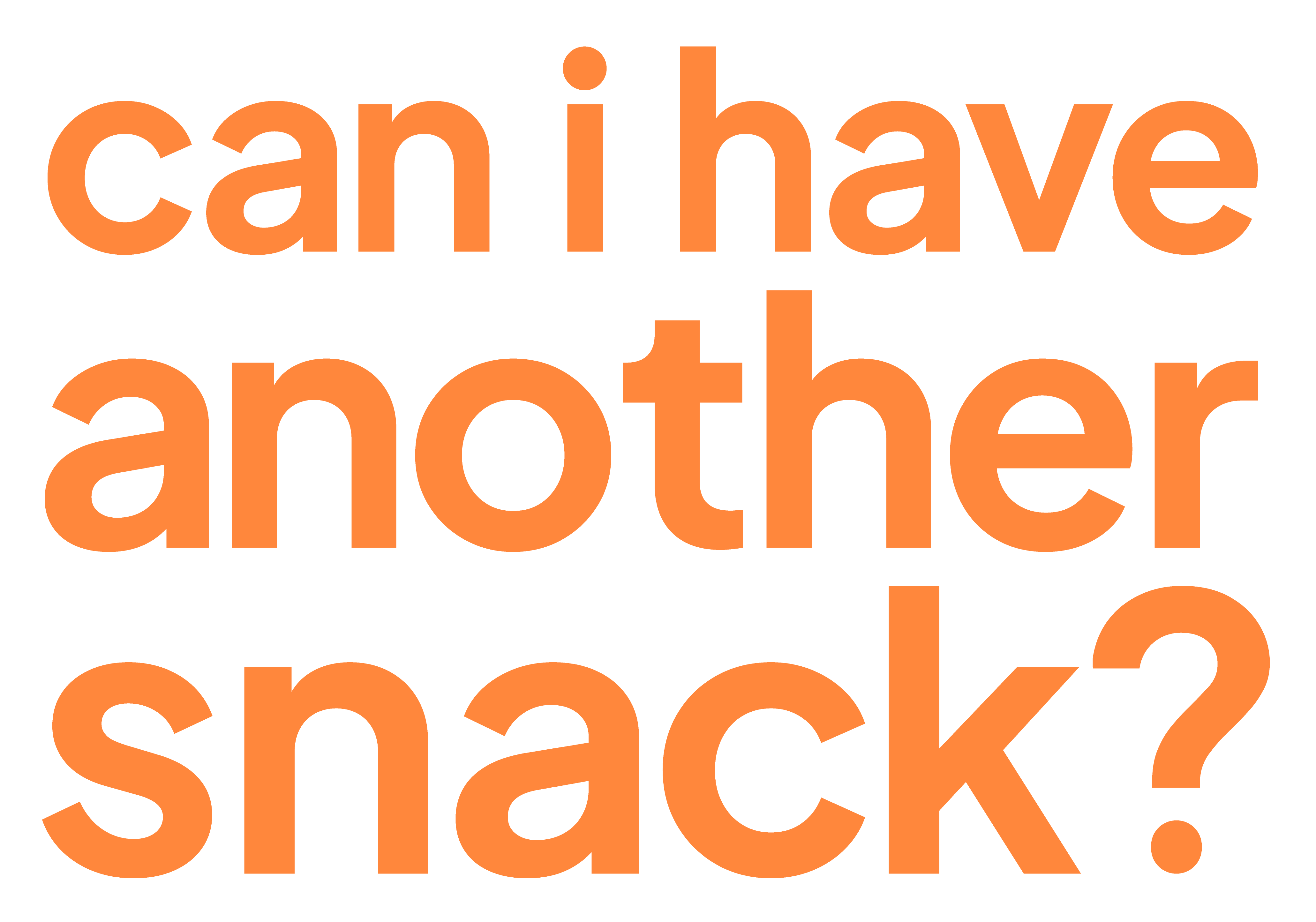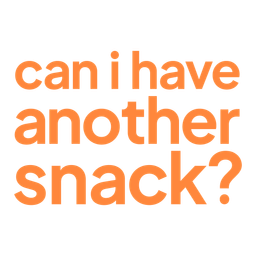Before we get into today’s newsletter, I just wanted to say a massive thank you to everyone who has subscribed, shared, commented and liked posts since my premature launch on Thursday (tl;dr I accidentally hit send as I was scheduling up a post for next week and had no choice but to just roll with it). After what has objectively been a terrible year, it’s heartening to have such a warm response to this new project. THANK YOU!
And if you haven’t already, you can join all the lovely folks introducing themselves to this fledgling community over here (and get the dl on what this newsletter is all about). Plus my first essay for Can I Have Another Snack? outlining all the ways the BMI sucks.
I also wanted to give you a little teaser of what to expect coming up this week: I have a piece coming on Tuesday about the National School Measurement Programme in schools (aka the ‘ob*sity’ report card). It takes a lot to shock me these days when it comes to the lengths the government will take to wage war on kids’ bodies, but even I was shook with some of what I found while researching this essay. Then, in our inaugural community discussion thread on Thursday, we’re looking at ‘The Nation’s Favourite PE Teacher’s’ kids book, and WOOF, it’s a lot. Then on Friday, I’ll be sharing the first interview from my new pod - also called Can I Have Another Snack? - inspired, I know. Today I’m sharing a short trailer of what to expect, alongside some snippets of conversation from this month’s guests, which you can listen to right here in Substack ^^^ (and soon in your regular Pod player - it might just take a few days for Apple to accept the feed). I’ve also put it in the DSMG feed for old timers.
So what’s the deal? Each week I’m asking my guests two questions - who or what are you nourishing right now? And who or what is nourishing you? Upcoming guests include Laxmi Hussain, Naureen Hunani, Christy Harrison, Clara Nosek, and Julia MF Turshen (!!!!!!). We explore topics around postpartum bodies, food, sanctimommy culture, neurodiversity, diet-culture, kids, capitalism, anti-fat bias, and so much more.
Check out the preview above - or subscribe in your podcast player. The first full episode will drop on Friday, and the transcript is below if you’d prefer to read.

Hey, welcome to Can I Have Another Snack? A brand new podcast with me, Laura Thomas. Some of you might know me already from my books Just Eat It and How To Just Eat It, or from my old podcast, Don’t Salt My Game. For those of you who don’t know me, I’m an anti-diet registered nutritionist who helps people make peace with food and their bodies. I’m especially interested in helping parents navigate the hell-scape that is diet culture and to end the intergenerational cycle of body shame and disordered eating.
So let me tell you about this podcast. Can I Have Another Snack is an exploration of appetite, identity, and bodies. We’re going to talk about how we feed ourselves and our kids (in all senses of the word!), and the ingredients we need to survive in diet culture. Every week I’m asking my guests two questions: who or what are you nourishing? And who or what is nourishing you?
Over the next few weeks, you can expect delicious and nurturing conversations with artist Laxmi Hussain, dietitian Christy Harrison, and cookbook author Julia Turshen, among loads of other cool and inspiring guests.
But it doesn’t stop there - Can I Have Another Snack is a whole universe. In the show notes you’ll find a link to my Substack newsletter. The Newsletter is a place where I share deeply researched essays on fundamental topics in the anti-diet cannon - this month we’re taking a look at why BMI is bullshit, I’m exploring the history and the problems with the National Child Measurement Programme in Schools, and talking about why nutrition education in schools is really toxic. September has a sort of loose back to school theme.
I’ll also host weekly discussion threads called Snacky Bits covering everything from Joe Wicks’ weird attempt to indoctrinate kids into capitalism through to how to clap-back to unwanted diet and body talk in front of your kids, plus my monthly dear Laura column, where I fashion myself as an agony aunt and answer your questions, plus I’ll share downloads to help you with anti-diet parenting and so much more.
And what’s so cool about hosting on Substack is that we can really build a community of people who can support and lean on each other. Or just scream into the void if that’s what you need to do. I’m also so excited to co-create this space with you - I want it to be a collaboration where you let me know what kinds of topics and segments you want covered and where we crowdsource ideas and solutions and share them with each other.
I hope you’ll join me in creating something really special, or at least a place where you can show up as your authentic, unapologetic self.
Can I Have Another Snack is a listener and reader supported project, meaning that if you like and value the work I do, you can opt to become a paid subscriber where you get commenting privileges, access to the archive and some of the other columns I described earlier, as well as be part of those weekly discussion threads. It’s just £5 a month or £50 for the year. Or if you are a superfan and you know you want to be part of this, you can become a founding member - I’m suggesting £100 but you can name your price - it’s more like a donation to help me get this work off the ground and give me a little confidence boost that I am not totally killing my career by doing this. In return, if you’re in the UK, I’ll send you a copy of both of my books and I’ll even sign them if you like. And you’ll also get a full subscription to the newsletter.
And hey, I totally get that asking you to pay for things is weird, so many of us are used to getting things for free on the internet. And, so many of us are struggling at the moment. And I have become so used to creating podcasts and writing articles and instagram posts for free, that it feels really icky for me to ask for support. But this is work for me, writing is work, research is work, and my expertise as a nutritionist has value. In order to make this sustainable, I need support for my labour. And I also know that £5 a month is a much more accessible way to have a nutritionist in your pocket than paying for 1-1 services, so I really hope I will be worth every penny of that £5. It also helps me pay for things like a podcast editor and to pay my guests for their time, which is also really valuable.
And I know that some of us can’t stretch to £5 a month right now, and if that’s you, please email hello@laurathomasphd.co.uk and just put ‘comp subscription’ in the subject line - you don’t have to explain yourself - just put comp subscription in the subject line and email hello@laurathomasphd.co.uk and we’ll hook you up.
There are also some free ways you can support this project - please subscribe to the podcast on your podcast player, Apple, Spotify, wherever, and subscribe to the newsletter on Substack - the newsletter will be completely free for all of September, and even after the paywall goes live, you’ll still get podcast updates and free essays multiple times a month.
OK, I am so excited and so nervous about this project - it’s been months and months in the making and I’m so thrilled to finally share it with you. I’m going to leave you with a few snippets of conversation from upcoming episodes to whet your appetite, and I’ll be back in your ears on Friday. Catch you then.

Clip from Ep 1 - Laxmi Hussain:
I think the only way I can describe this is when I started painting, including Eden in my work, my agent Georgia Spray, who represents me as part of Partnership Editions, she said that she was looking at the painting, she was like, they're so beautiful, it's like the babies are a jigsaw piece of yourself. And when you paint them together, it's like they fit together. And that's what I'm trying to depict is, I've never, not that I've never seen, but it's just I don't see very often artwork depicting motherhood in a realistic way, in ways that it's awkward, it's beautiful, it's glued together all the time. It's so like I say, I don't swear, but it's so fucking hard. But it's also so incredible like that, you can do this. And if you are able to do this, and you, you know, mentally and physically, you like to do it, it's just wow, we are incredible people, like I'm not just talking like motherhood, yes, is very, very hard. But also, there are incredible other parents out there who do the same, and know what it's like to struggle in this way, and still really, really love it.
Clip from Ep 2 - Naureen Hunani:
I think that, you know, for me, and I can speak about my experience, like becoming a mother like triggered a whole bunch of stuff in me, things that were just kind of tucked away from childhood and my body changing and also, you know, being neurodivergent, like, I was able to manage somewhat, okay, you know, masking and trying hard enough and just, you know, doing my day to day stuff, but then becoming a mother, it's like, wow, like the executive functioning, you know, differences really started to show up in the multitasking and all of that, and then also questioning, you know, when you like I have, I come from a family of neurodivergent you know, folks, many of them are not diagnosed. And, you know, I find that advocating for my children who are neurodivergent, that that is also very, very difficult when, when we live in this society, so I feel like being a mother, like becoming a mother really pushed me to grow, and really explore those pieces that were just kind of there but not taken care of as a human. And I feel like, you know, also coming from a lot of trauma and childhood trauma, trying to raise my children in a way that aligns with my values, you know, also helps me heal my inner child. Right? Doing things that that I do for my kids and giving them permission to be who they are. It is so healing. It is so incredibly healing. And it has been incredibly difficult as well because growth is painful, right?
Clip from Ep 3 - Christy Harrison:
And then I had such a difficult time going back to work because, you know, even though I'm right, I'm working from home, I'm in the same house, I can pop over and breastfeed her, you know, whenever she's hungry, just like the getting back and forth between, you know, the mom space and the mom part of my brain and the workspace and this person that I was before I gave birth that I don't even recognise in some ways, you know, like, I mean, not even just physically, but that's, you know, that's a tiny bit in there too. But like, this person that, you know, was so driven and able to work so hard and efficiently and effectively and like, get all my stuff done. And you know, now feeling just kind of like, not very good at what I'm doing and or not very efficient and productive and all of the sort of capitalistic pressures that come with that right. And the feeling of like, you know, I'm the primary earner right now and my husband is the primary childcare and like, there's so much on my shoulders that you know, if I can't do it, my brain goes to these like anxious places of like we're going to lose our house and our food and you know, like, it just goes to like, really they're not true beliefs when I really sit down and think about it and look at it, I'm like, Okay, we have savings, we're okay, we're not gonna, you know, it's not gonna happen. But just having a child I think sort of unlocked a new level of anxiety in a way of like this existential like, and like protecting, you know, needing to protect her in so many ways that sometimes I feel incapable of.
Clip from Ep 4 - Clara Nosek:
And then there's also like, you, once you give birth, you are not who you were before. Right? You are not who you were when you were pregnant. And so now who are you, you have no idea. And so there's that trying to wrestle with that new you, while also taking care of this other person, while also dealing with the pressure of like, okay, now I want to be like the perfect mom. And then while also like, like dealing with, who am I to my partner, who am I to myself, who am I to my friends? And I think yeah, like, that's, it's weird. There's no books on that. There's no, yeah. And so I think that like trying to decipher who, who that person is and trying to fill it, right, because you're like, building this new relationship. You're starting essentially at ground zero. With like, this pressure to like, you want to be what you look like before you got pregnant or like even better, and it's like, but that person doesn't exist.


